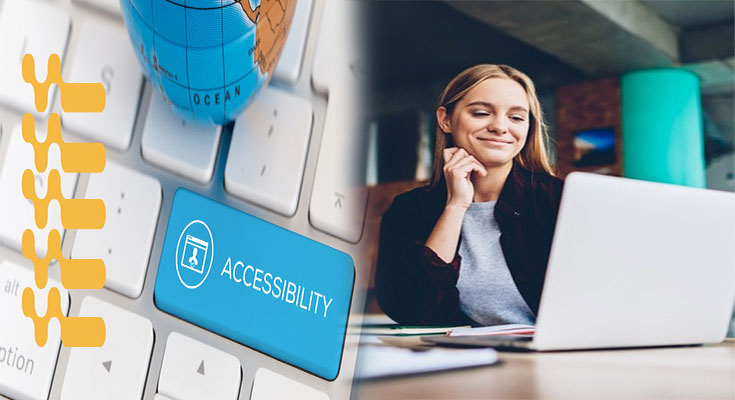
Exploring Post-Secondary Options for Non-Traditional Learners: A Path to Success
Choosing the right post-secondary education path is a critical decision that can significantly impact an individual’s future. While the traditional college experience might be the go-to choice for many, non-traditional learners often have different needs, circumstances, and priorities to consider. In this article, we will delve into the various post-secondary options available for non-traditional learners and explore how these alternatives can lead to a successful and fulfilling educational journey.
Understanding Non-Traditional Learners
Non-traditional learners are individuals who pursue higher education at a later stage or in a non-conventional manner. They may be working professionals seeking to enhance their skills, parents balancing family responsibilities, individuals looking for a career change, or those who couldn’t pursue a college degree earlier due to personal circumstances. Understanding the needs and aspirations of non-traditional learners is crucial in identifying the most suitable post-secondary options for them.
Flexible Online Programs
Online programs have emerged as an …
Exploring Post-Secondary Options for Non-Traditional Learners: A Path to Success Read More

